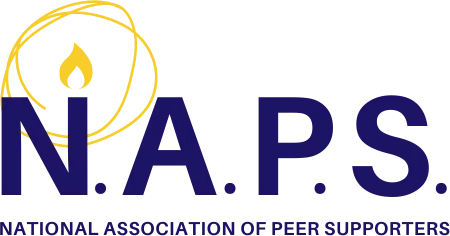N.A.P.S. Statement in Support of Reproductive Rights
The National Association of Peer Supporters (N.A.P.S.) recognizes bodily and reproductive autonomy as fundamental rights that all human beings deserve and which deserve to be protected. This can include making decisions about which treatments to participate in, which medications to take, and the right to a safe and legal abortion. The Supreme Court’s recent decision…


